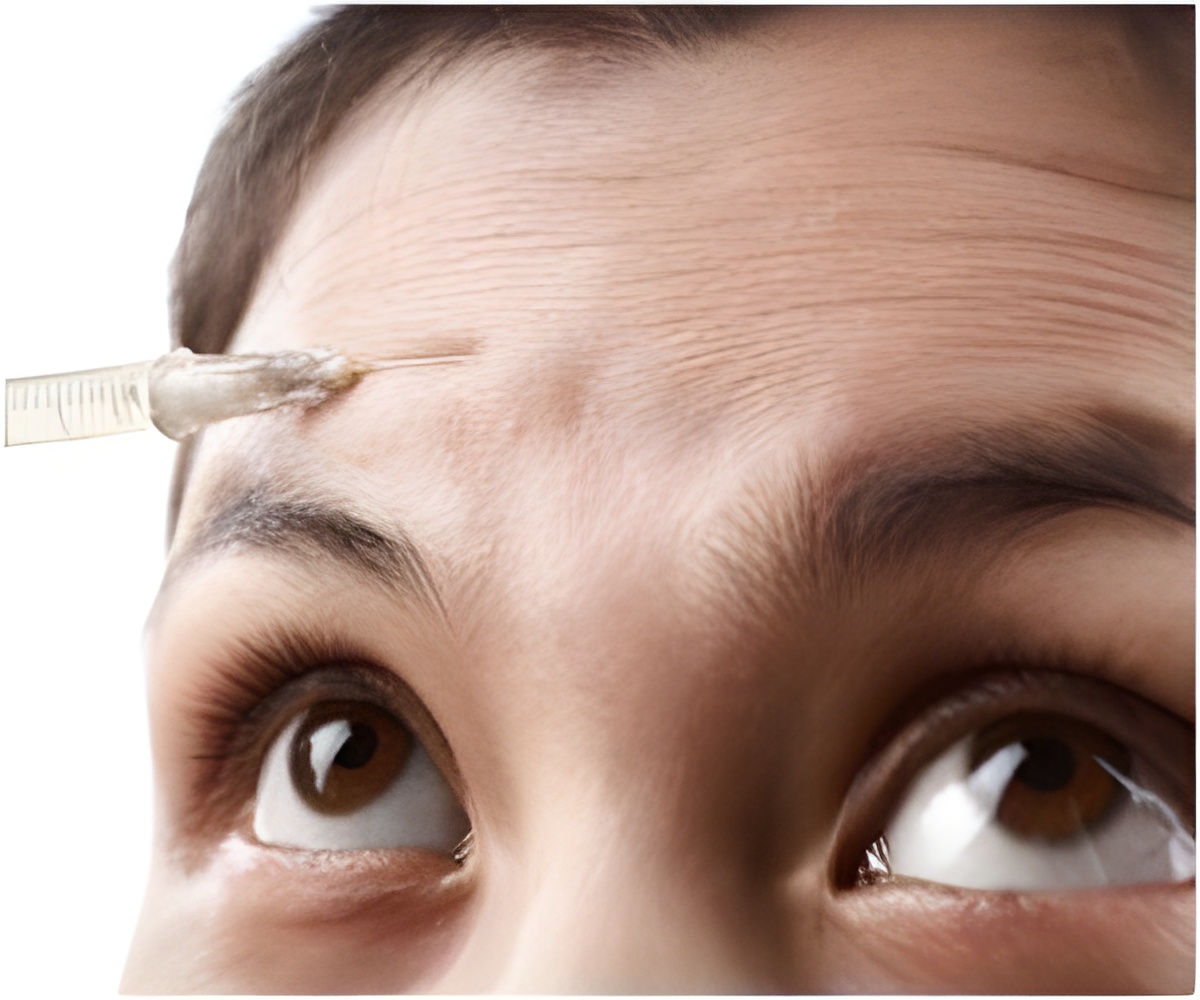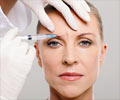Decoding the secrets of wrinkles by knowing the causes, prevention, and expert advice.

Skin Ageing: Pathophysiology and Current Market Treatment Approaches
Go to source).
From Sun to Stress: Decoding Wrinkles and Mastering Youthful Skin
First, let's learn why we get wrinkles, what causes them, and how to prevent them, experts:Sunlight Exposure
Wrinkles are primarily brought on by the sun. UV radiation from sunlight can penetrate the deepest layers of skin and break down collagen, which makes the skin less flexible. Wear sunscreen that is suited for your skin type whether you are inside or outside, whether you are driving or just relaxing by the window. Given the previous weather, SPF 30 or higher is recommended. The sun's indirect rays might also lead to wrinkles. People who work in the sun are more likely to get early wrinkles. Wrinkles may be avoided by donning clothes that cover the skin, such as long sleeves or a hat.
‘Ageless skin is no more a myth, decode the wrinkle mystery and defy time to achieve a timeless beauty #wrinkles #wrinklefree #antiaging’





Smoking and Alcohol Consumption
Smoking often reduces the blood flow to the skin, accelerating skin aging. Skin is dried out by alcohol. As a result, the skin loses strength and flexibility. Wrinkles start to develop as the skin begins to sag. So for the sake of your skin, give up drinking and smoking.
Squinting
Squinting and particularly active facial movements like furrowing your brows and frowning can also contribute to wrinkles. When you squint, your facial muscles stiffen up. Dr. Karuna Malhotra, Cosmetologist and Aesthetic Physician from Cosmetic Skin Clinic, New Delhi said "As a result, your skin cells become squeezed and lose their suppleness. Many individuals have a tendency to squint. But you may change this negative behavior and stop wrinkles from forming by making conscious efforts."
Stress is a Key Culprit
Dr. Sandeep Babbar, Medical Director and Dermatologist from Revyve Skin, Hair and Nail Clinic, Faridabad explained "as we age, the body produces less collagen, and stress also decreases collagen production and can cause inflammation. Collagen loses flexibility and rigidity as it ages, making it less effective at promoting skin regeneration and wound healing. Both a loss of flexibility and persistent brow furrowing brought on by stress can cause wrinkles. Stress can also cause wrinkles to emerge because high amounts of the stress hormone cortisol can break down the collagen and elastin in the skin."
Dry Skin
If you have dry skin, you are more likely to have wrinkles. People with dry skin produce less sebum, the skin's natural moisturizer, which acts as a barrier to shield your skin from the whims of the climate. Regularly moisturize at least twice a day to prevent wrinkles because doing so prevents dryness, which reduces the likelihood that wrinkles will appear.
Lack of Sleep
Lack of sleep makes skin healing more difficult. The skin's ability to retain moisture is compromised, as well as the pH level. All of this causes insufficient collagen formation, which speeds up the development of wrinkles.
Advertisement
Excessive Cosmetic Use
Your skin can benefit from cosmetics, but overusing them could have the opposite effect said Dr. Karuna Malhotra. They could cause rashes, edema, clogged pores, and other unfavorable outcomes. All of them can delay the onset of wrinkles by reducing the production of collagen and sebum.
Food Deficiencies
On the other hand, dietary deficiencies wreak havoc on your skin, causing breakouts, rashes, dry skin, wrinkles before their time, etc. If you don't get enough vitamins, your skin may start to show it by becoming dry, pigmented, dull, or overly oily. Your face and body show the effects of the food you eat. Include vitamins C, D, B, E, and K in your diet; these nutrients are crucial for maintaining healthy skin.
Advertisement
Reference:
- Skin Ageing: Pathophysiology and Current Market Treatment Approaches - (https://pubmed.ncbi.nlm.nih.gov/31530270/)
Source-IANS















